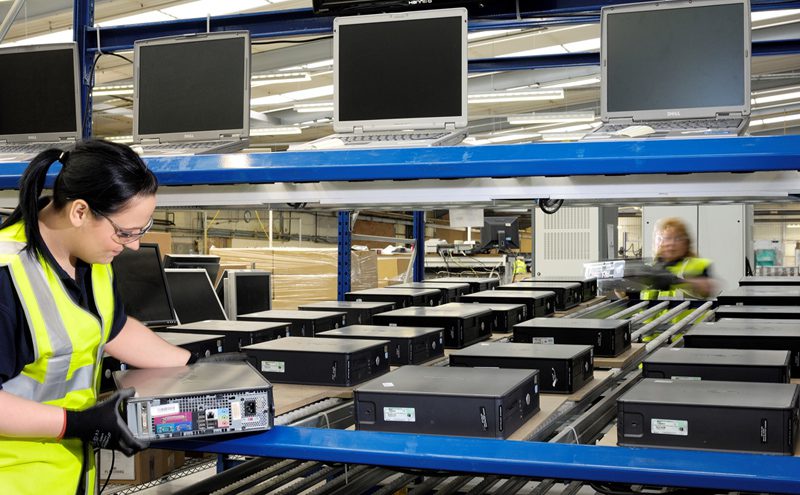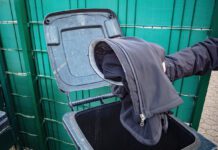
E-waste recycling services provider Sims Recycling Solutions (SRS) has expanded the processing lines at the firm’s Eindhoven, Netherlands e-waste facility. This site, said to be the largest e-waste (WEEE) recycling operation in this region, has now added enhancements that include metals and plastics separation technologies.
“The expansion of the capabilities at the SRS Eindhoven site started in the beginning of 2017 with the development of space for the newly-to-be-realized building. This new building makes it easier to fulfil local environmental regulations, as we are now able to decrease the noise and dust considerably from the storage and processing of e-waste, which is now done under the roof,” stated Jan Visser, managing director of SRS, Eindhoven.
When recycling e-waste it is important to separate shredded materials into streams that are as clean as possible. These material fractions may include, but are not limited to iron, aluminum, copper, plastics and printed circuit boards. The newest innovation involves two new sorter lines which use metal sensors, color recognition and photo-technology to separate plastic, circuit boards and metals.
“Constant improvement in processing technologies is a high priority for SRS, as this enables us to securely deliver recycled and separated materials all over the world,” stated Marc Affüpper, director of SRS, EMEA. “By innovating our processing lines we are able to manage even the newest and complicated electronic gadgets.”
The new plastics sorting lines provide a plastic fraction which is another important addition to the SRS Eindhoven site. This process delivers a clean plastic fraction which can be delivered directly to the plastics recycler or compounder industry globally.
The new plastic sorting line helps original equipment manufacturers (OEM) to be more sustainable by supplying (circular-produced) recycled raw materials for their new products. As requested by our OEM-partners, there is an option to process a dedicated batch of products as one single stream. This makes it possible to separate the plastics from a batch into a very clean stream of recycled plastics which can be returned to our OEM partners, creating a perfect triangle of circular material deliveries.
All these new developments contribute to a higher quality of recycled materials, provides the OEM electronics industry with new options toward sustainable product development, and contributes towards a more sustainable society.







